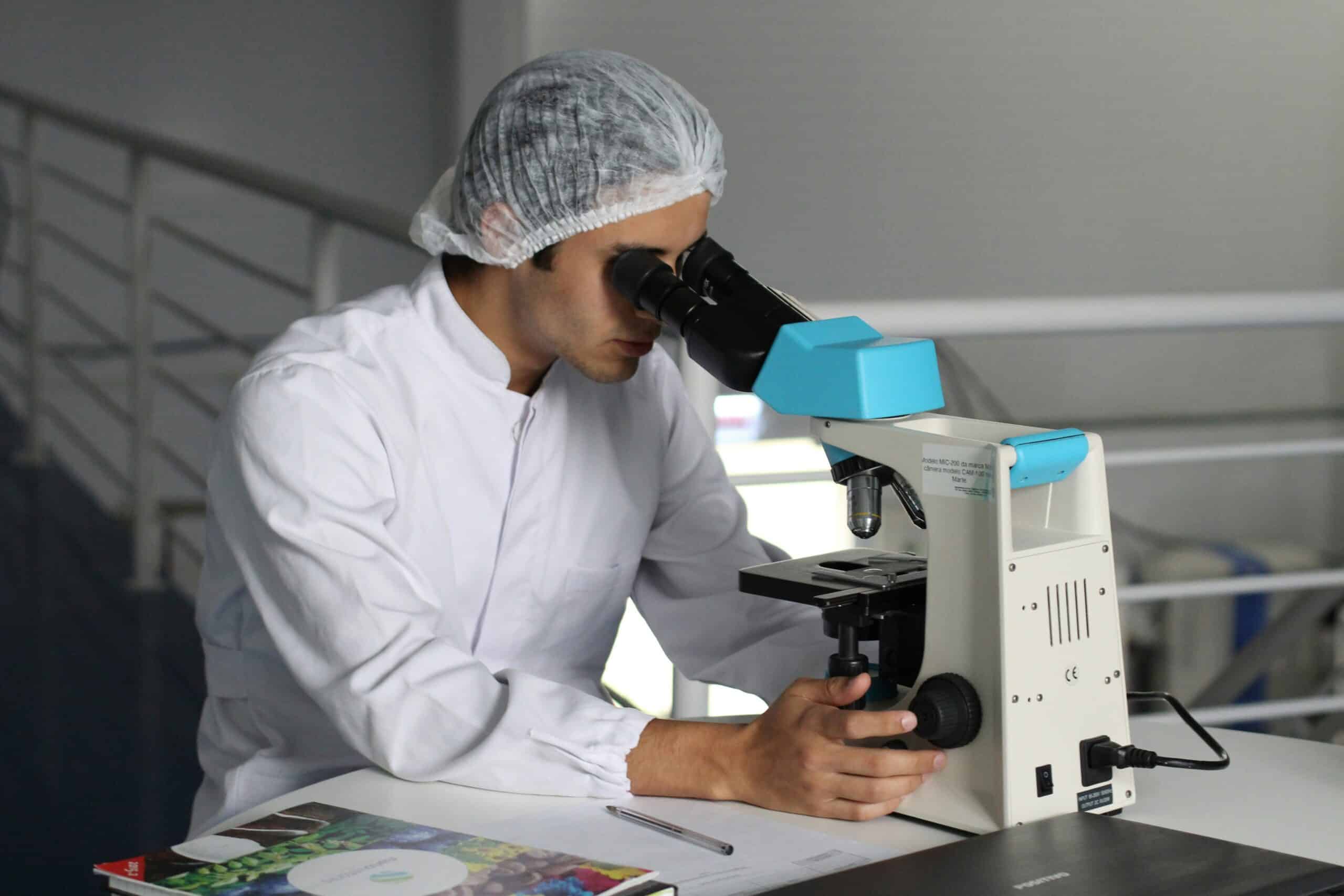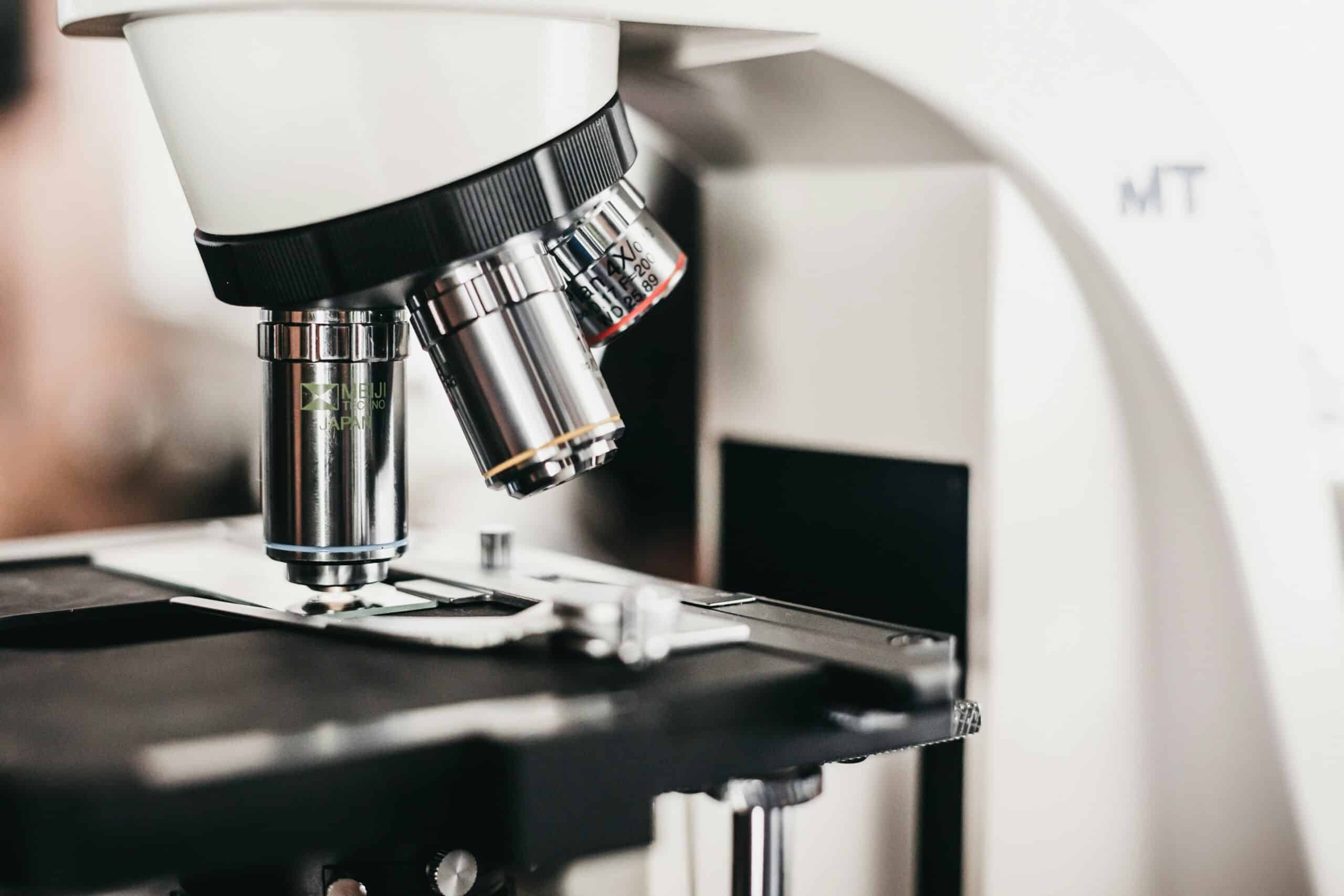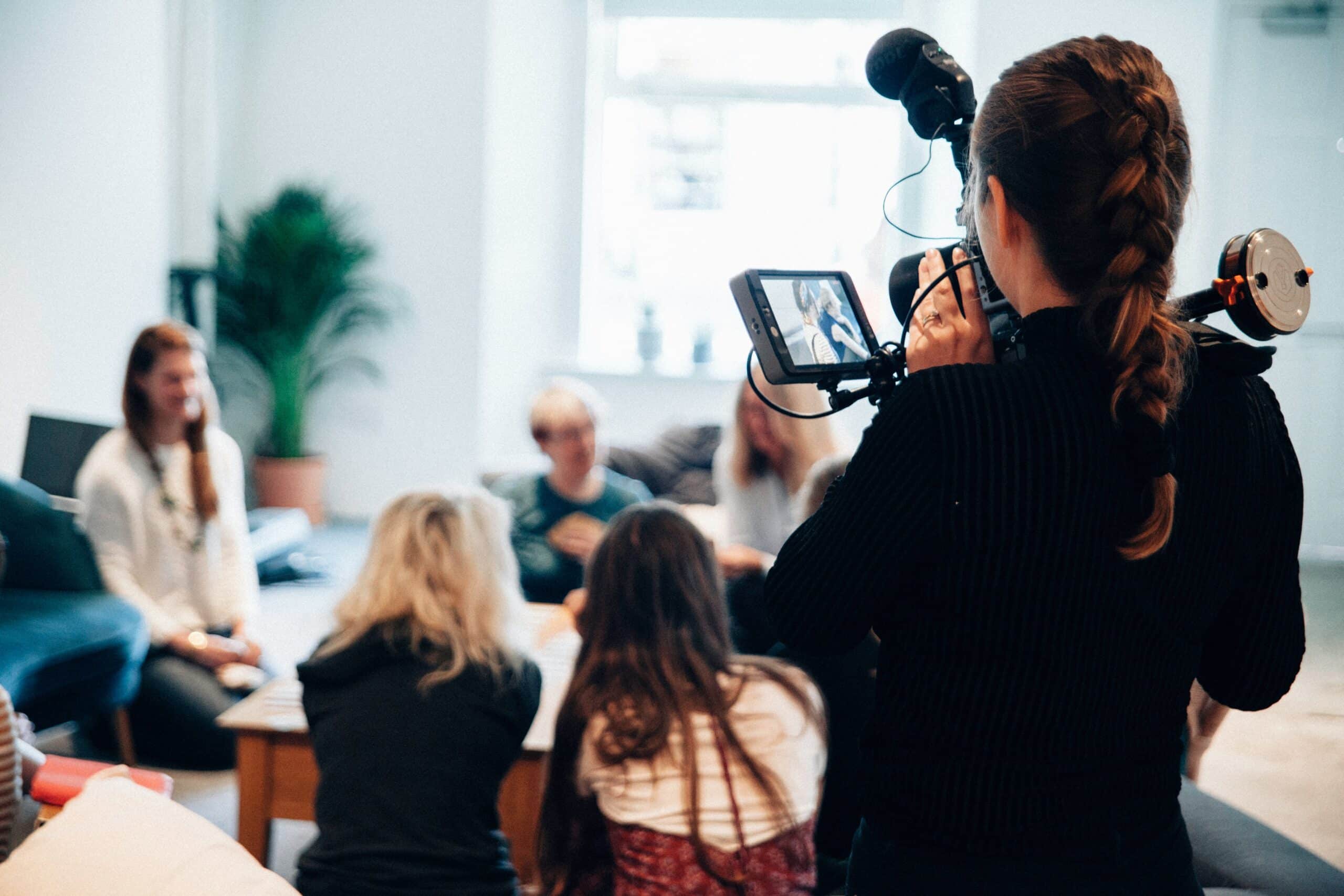
Public Trust in Science
In these surveys, we asked scientists about their opinions and experiences on factors that may influence the public's trust in science. Results on this page cover questions about scientists' direct roles and responsibilities in fostering trust. Other results from this survey about sources of science news are available here. The survey was designed in consultation with ASU's News Co/Lab.
Survey Overview and Demographics
General Overview
Study Date: 21.09.21–11.10.21
Geographic Coverage: United States
Expertise:
- 31% Biology
- 69% Public Health
Response Overview
Sample Size: 2551
Valid Responses: 579
Response Rate: 19.7
Date initial findings posted: 11.22.21
Most recent update: 11.22.21
Days survey in field: 28
Average response time: 12
Survey Demographics
Respondent Demographics:
- 46% Female
- 54% Male
- 100% Academic
- 0% Industry
Language(s): English
About the Survey
In these surveys, we asked scientists about their opinions and experiences on factors that may influence the public’s trust in science. Results on this page cover questions about scientists’ direct roles and responsibilities in fostering trust. Other results from this survey about sources of science news are available here. The survey was designed in consultation with ASU’s News Co/Lab.
Survey Sections

Survey Section 01
Scientists’ Views
Section Overview In this survey, we asked scientists about their opinions and experiences related to factors that may influence the public’s trust in science. Other results from this survey address scientists roles in fostering trust and the impact of different science news sources. This survey was designed in consultation with ASU’s News Co/Lab. Question Several […]

Survey Section 02
Scientists’ Involvement and Representation
Section Overview In this survey, we asked scientists about their opinions and experiences on factors that may increase or decrease the public’s trust in science. Results on this page cover questions about scientists’ direct roles and responsibilities in fostering trust. Other results from this survey about sources of science news are available here. The survey […]

Survey Section 03
Sources of Science News Stories
Section Overview Do stories from different media sources affect the perceived trustworthiness of science information by scientists? The below results were the statistically significant findings. The survey was designed in consultation with ASU’s News Co/Lab. Science News Experiment To answer this question, we conducted the following experiment: Participants were randomly assigned 1 of 3 vignettes about […]
Survey Description
This national survey of scientists and engineers was conducted by Center for Science, Technology and Environmental Policy Studies at Arizona State University (ASU). The survey was designed in consultation with ASU’s News Co/Lab. The population for the survey represents a random sample of PhD-level faculty in two fields of science: biology and public health. Faculty contact information was collected from 60 randomly selected Carnegie-designated Research Extensive and Intensive (R1) universities in the United States (US) and from all CEPH accredited public health schools. The final sample included contact information for 2,553 scientists. A total of 575 usable responses were obtained, representing an AAPOR response rate (RR4) of 19.7%.
Sample Weighting and Precision: the completed sample was weighted by the inverse of selection probabilities and post-stratified by gender and academic field to represent the population as closely as possible. A conservative measure of sampling error for questions answered by the full sample is plus or minus 5 percentage points. The survey was approved by Institutional Review Boards at Arizona State University and at the University of Illinois at Chicago.
